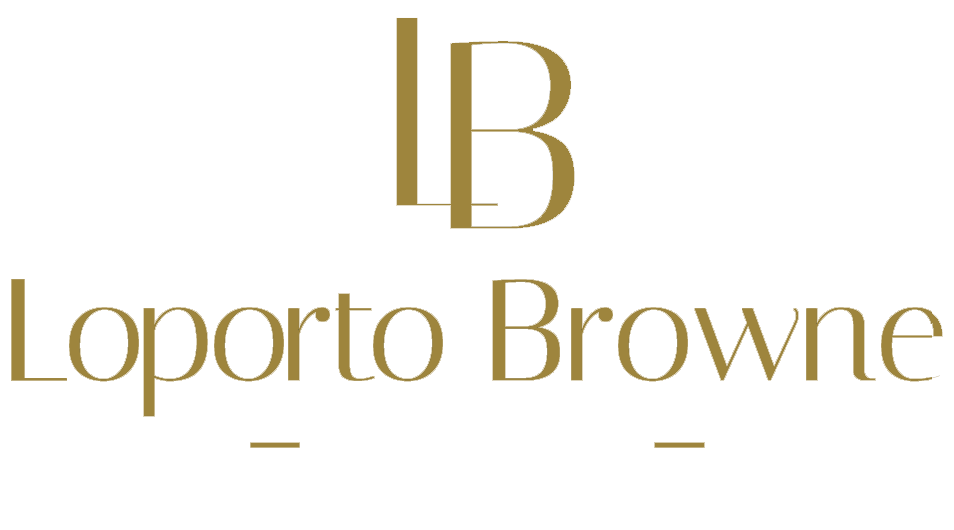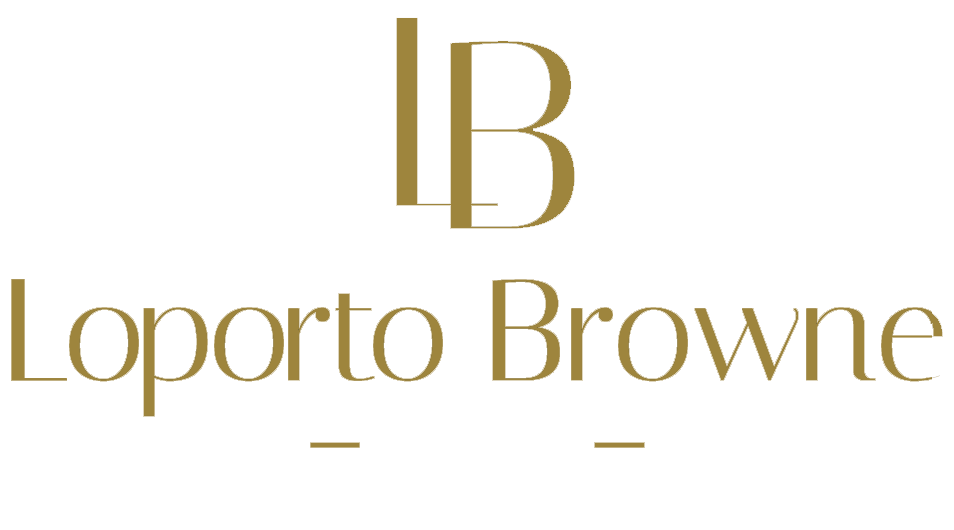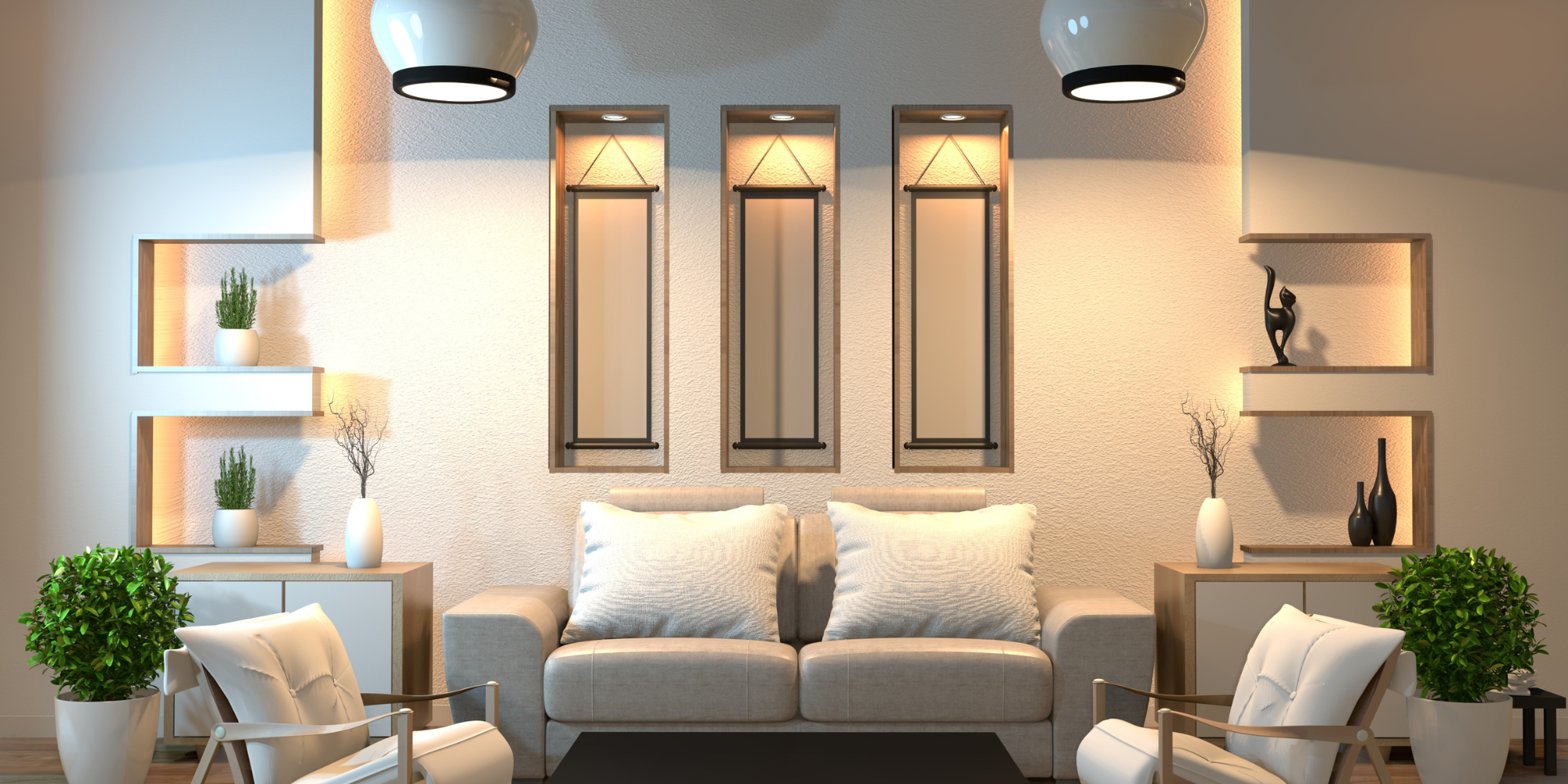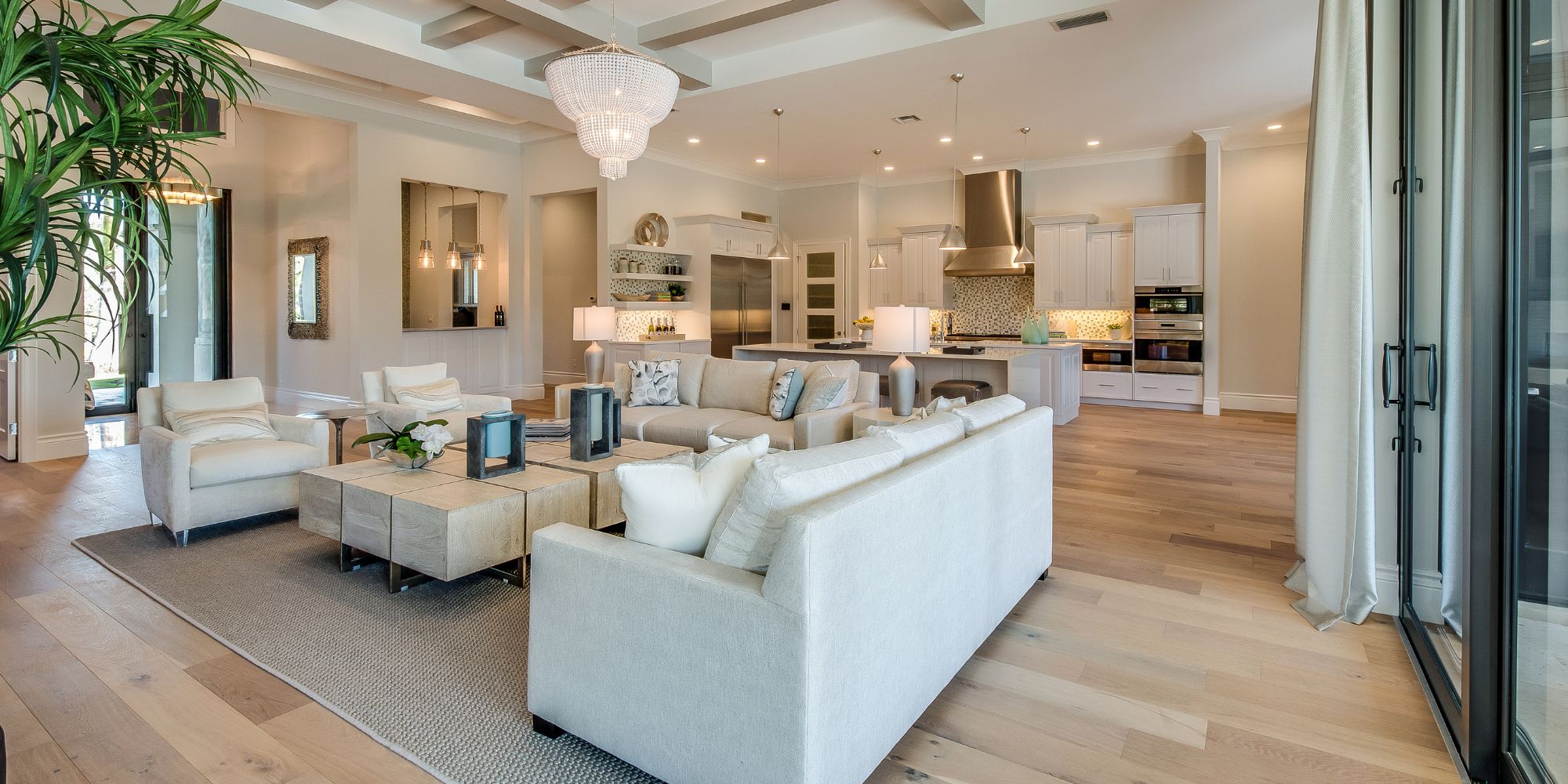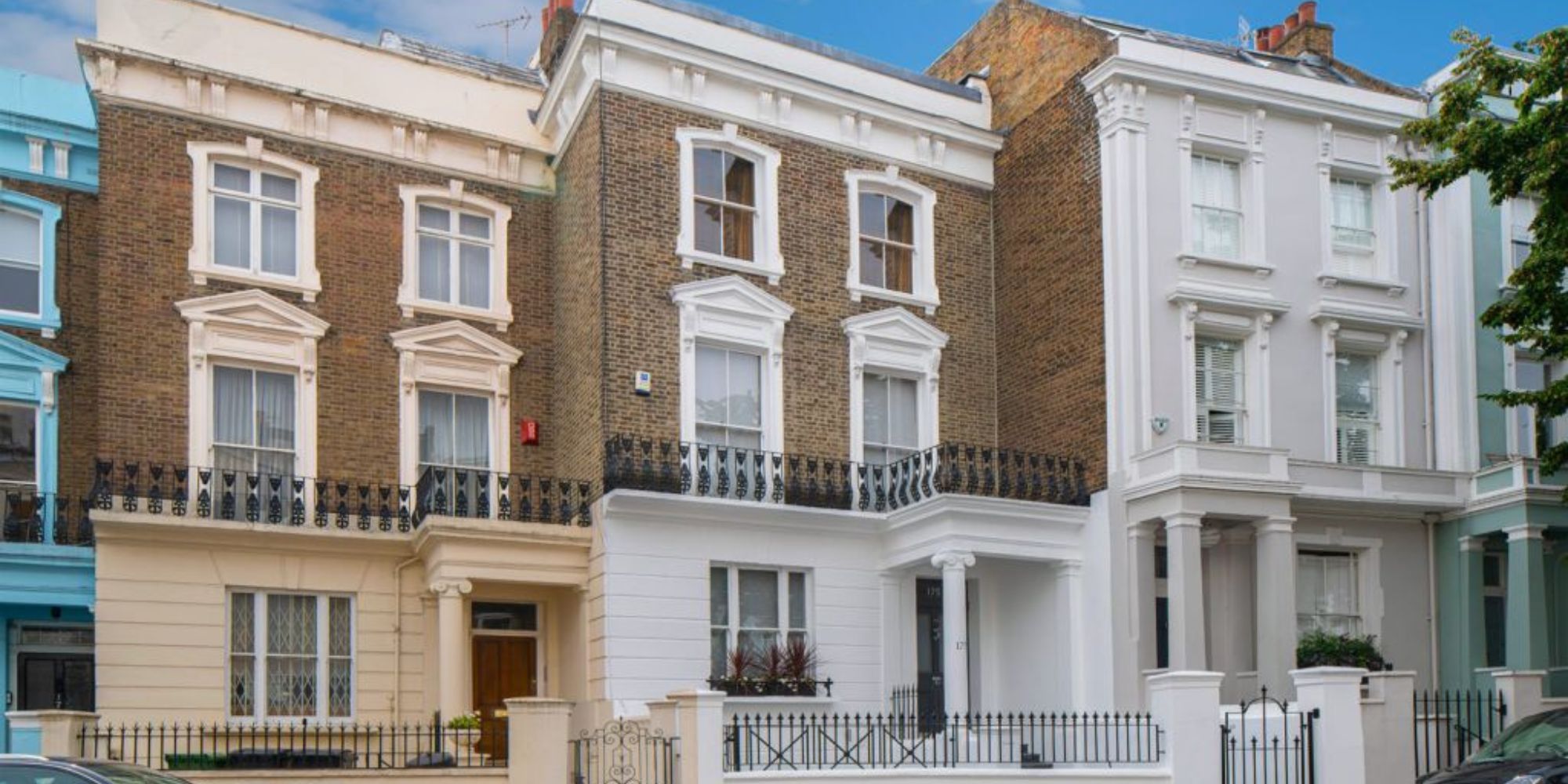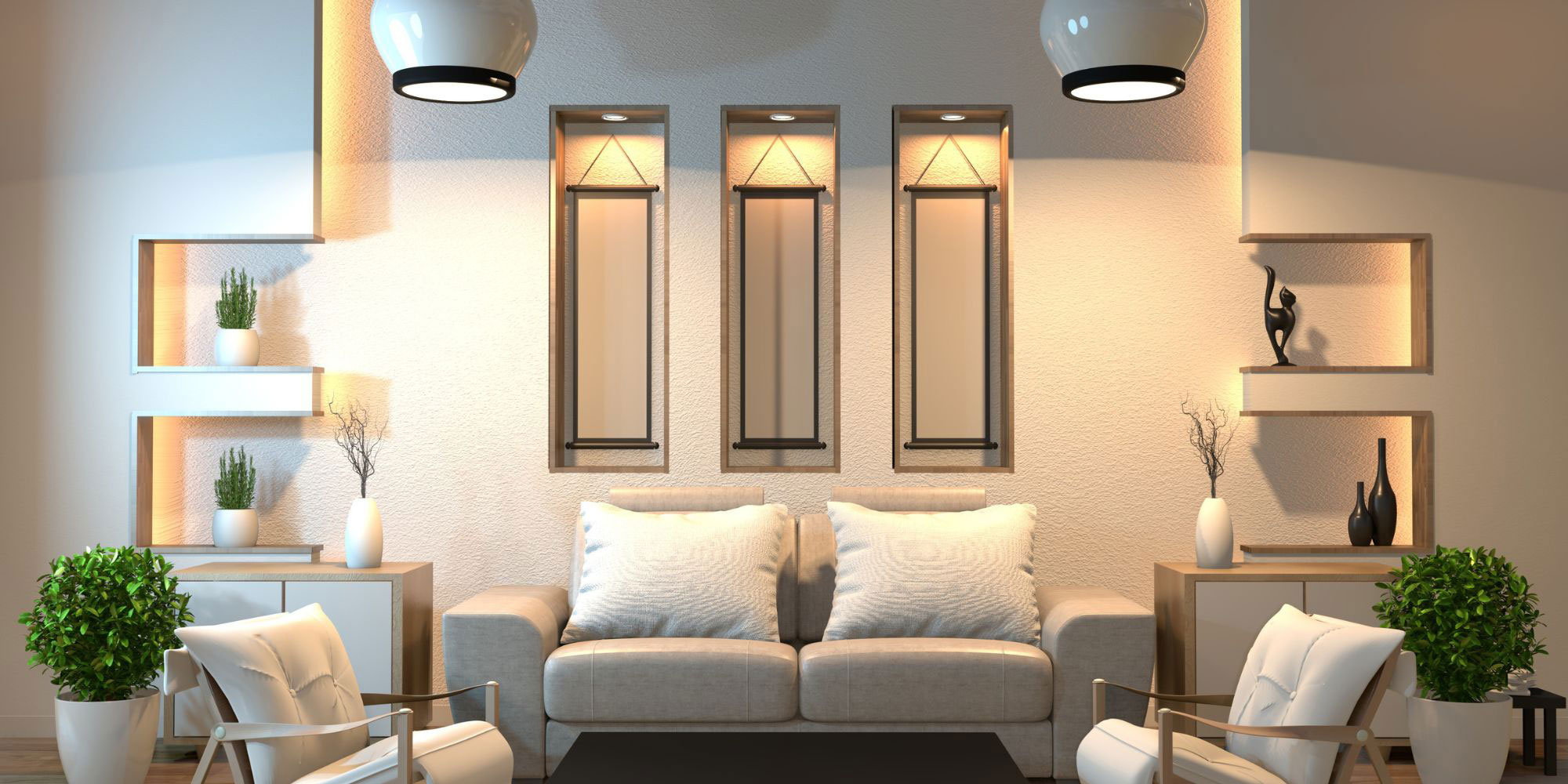Are you thinking of selling your home? Home staging could be the key to making a great first impression on potential buyers.
When preparing your home for sale, several key areas to focus on include decluttering and cleaning to create a neutral colour palette.
We discuss home staging, why it is essential, and how to effectively stage your home for a quick sale.
If you want to maximise the appeal of your home and increase your chances of a successful sale, keep reading for expert tips and tricks on home staging.
What is Home Staging?
Home staging is the art of preparing a residence for sale in the real estate market. It involves enhancing the property’s appeal by improving its aesthetics through interior design and decor strategies. Effective home staging can significantly impact a property’s presentation, attracting potential buyers and increasing market value.
By strategically arranging furniture, lighting, and decor elements, home stagers create welcoming and visually appealing spaces for prospective buyers. The goal is to showcase the property’s best features and maximise its functional and aesthetic potential.
Home staging helps buyers envision themselves living in the space and highlights the property’s unique selling points. From decluttering and depersonalising to adding pops of colour and updating fixtures, various staging techniques are employed to create a cohesive and inviting atmosphere that resonates with a wide range of potential buyers.
Why is Home Staging Important?
Home staging is crucial in the property market as it offers sellers a competitive edge. Practical staging tips such as enhancing kerb appeal and creating positive first impressions on buyers can lead to quicker property sales and potentially higher offers. Staging significantly impacts the property’s perceived value, making it a worthwhile investment for sellers.
Potential buyers can envision themselves living in the space by strategically placing furniture, using neutral colour palettes, and decluttering living spaces. Staging techniques can highlight the property’s best features and downplay its flaws, allowing it to stand out in a crowded market. Proper staging can help create an emotional connection with buyers, increasing the likelihood of a successful sale. A well-staged home attracts more interest and encourages buyers to pay a premium price for a property that feels ready to move in and well-maintained.
How to Prepare for Home Staging?
Preparing for home staging involves several key steps, starting with decluttering and organising the space. Utilising neutral colours and optimising lighting are essential elements in creating a welcoming environment. Effective staging techniques can maximise space and highlight the property’s selling points.
When decluttering, it’s important to pack away personal items to depersonalise the space and allow potential buyers to envision themselves living in the home.
Neutral colour schemes such as soft greys or beige tones can make rooms appear larger and more inviting.
Proper lighting fixtures or natural light sources can accentuate the space’s best features, giving off a warm and cosy atmosphere.
Staging techniques, such as strategic furniture placement and minimal decor, can further enhance the property’s overall appeal to potential buyers.
Declutter and Clean
Decluttering and cleaning are the initial steps in preparing a property for staging. Organising rooms, optimising layouts, and implementing storage solutions are essential to decluttering to create a visually appealing and tidy space.
By organizing items in a systematic way and removing unnecessary clutter, rooms can appear more spacious and inviting.
A tip for effective home organisation is to utilise storage solutions like baskets, bins, and shelving units to keep belongings neat and out of sight.
When optimising room layouts, consider furniture placement to maximise flow and functionality.
Creating designated areas for items and utilising multi-functional furniture can help ensure a clutter-free environment and showcase the property’s potential to prospective buyers.
Depersonalise the Space
Depersonalising the space is essential in home staging to allow potential buyers to envision themselves living in the property.
When buyers walk into a home for sale, they want to see themselves in the space, imagining their furniture, belongings, and memories being made there. By removing personal items such as family photos, unique decor, and bold colour choices, the property becomes a blank canvas for buyers to project their lifestyle onto. This psychological trick is crucial in helping buyers connect emotionally with the property, as they can visualise their future within those walls.
Make Necessary Repairs
Addressing necessary repairs and home improvements is essential to preparing a property for staging. Renovations that enhance selling points and contribute to home transformation can significantly impact buyer interest and property value.
Homeowners can ensure that the property’s best features are showcased in full glory by focusing on repairs and renovations before staging. Minor upgrades such as fresh paint, new fittings, and repairs to any damage can make a world of difference in how potential buyers perceive the home. These improvements enhance visual appeal and convey to buyers that the property has been well maintained and looked after, instilling confidence in their decision to purchase.
Consider Curb Appeal
Enhancing kerb appeal is crucial in creating a positive first impression for potential buyers. Attention to outdoor spaces, patio presentation, and the home entrance can significantly improve the property’s overall appeal and attract interested buyers.
- By optimising outdoor spaces, homeowners can showcase the property’s potential and create an inviting atmosphere that entices buyers to explore further.
- A thoughtful patio presentation, with comfortable furniture arrangements and tasteful decor, can help prospective buyers imagine themselves enjoying outdoor living spaces.
Enhancing the home entrance with fresh paint, welcoming signage, and well-maintained landscaping establishes a welcoming tone and prepares the ground for a positive walkthrough experience.
What are the Key Areas to Focus on During Home Staging?
Focusing on key areas such as the living room, kitchen, bathrooms, and bedrooms is essential during home staging. These spaces are often the main selling points of a home and require special attention to attract buyers.
The ambience and attractiveness of these critical areas highly influence potential buyers. A well-staged living room can showcase the space’s functionality and comfort, drawing in buyers with its inviting atmosphere.
Similarly, a tastefully staged kitchen can give the impression of a modern and well-maintained home, appealing to those who envision themselves cooking and entertaining in the space. Clean and inviting bathrooms convey a sense of luxury and relaxation. At the same time, beautifully staged bedrooms can evoke feelings of tranquillity and comfort, making buyers more likely to imagine themselves living in the home.
Living Room
The sitting room is a focal point in home staging, where furniture placement, highlighting focal points, and enhancing visual appeal are crucial. Creating a welcoming and inviting space in the living room can leave a lasting impression on buyers.
Optimal furniture placement is critical to maximising the space’s functionality and flow. Seating arrangements that encourage conversation and create a cosy atmosphere are essential. Emphasising focal points, such as a fireplace or large window, attracts attention and adds character to the room. Incorporating decorative cushions, carpets, and artwork can enhance visual appeal and tie the space together. By balancing comfort and style, you can transform the sitting room into a warm, inviting sanctuary that resonates with potential buyers.
Kitchen
The kitchen is a crucial area in home staging, where space optimisation, harmonious colour schemes, and functional room layouts are essential. Creating an appealing and practical kitchen space can significantly impact buyer interest.
When staging a kitchen, consider utilising multi-functional furniture that provide storage solutions and serve a decorative purpose. Opt for lighting fittings that enhance the overall ambience and highlight key features of the kitchen.
Another effective technique is strategically arranging decor items such as plants or artwork to add warmth and personality to the space. By paying attention to these details, you can create a welcoming and inviting kitchen that appeals to potential buyers.
Bedrooms
Bedrooms play a vital role in home staging, and attention to furniture arrangement, stylish decor, and considering the buyer’s perspective is crucial. Creating serene and appealing bedroom spaces can enhance buyer engagement.
Proper furniture arrangement is critical to maximising space and creating a sense of flow in the bedroom. Start by positioning the bed as the room’s focal point and ensuring ample walking space around it.
Opt for neutral colours and minimalistic decor to create a calming atmosphere that appeals to a broader range of potential buyers. Thoughtful touches like fresh flowers or plush pillows can add warmth and sophistication to the space, making it more inviting for buyers to envision themselves living there.
Bathrooms
Bathrooms are significant areas in home staging, where modern staging techniques, elegant home accessories, and luxury touches can elevate the overall presentation. Creating spa-like retreats in bathrooms can appeal to discerning buyers.
By incorporating sleek fixtures, such as waterfall showers and freestanding tubs, you can enhance the luxurious feel of the space. Selecting neutral colour palettes and adding plush towels and aromatic candles can create a calming ambience. Take notice of the power of greenery – a few strategically placed plants can bring life to the room. Consider adding unique design elements like statement mirrors or chic vanity trays to add a touch of sophistication. These small details can significantly impact potential buyers, helping them envision a relaxing sanctuary in their future home.
What are Some Home Staging Tips for Each Room?
Implementing specific home staging tips for each room, including the living room, kitchen, bedrooms, and bathrooms, can enhance the overall presentation of the property. Tailoring staging techniques to different rooms optimises their appeal to potential buyers.
In the living room, focus on creating a cosy and inviting atmosphere by strategically placing furniture to highlight the space’s functionality and flow. To add warmth, incorporate soft throw cushions and blankets.
For the kitchen, decluttering worktops and adding a splash of colour with fresh fruit or flowers can make the area feel more vibrant.
Make the bed the focal point in bedrooms by using high-quality bed linen and adding tasteful decor accents that complement the room’s colour scheme.
In bathrooms, consider adding luxurious towels, stylish soap dispensers, and decorative candles to create a spa-like ambience.
How to Stage a Home for a Quick Sale?
Staging a home for a quick sale requires attention to detail and strategic choices to create an inviting environment. Utilising a neutral colour palette, maximising natural light, adding finishing touches, and fostering a welcoming atmosphere are critical elements in expediting the selling process.
By opting for neutral tones like soft greys, beige, and whites, you can appeal to a broader range of prospective buyers and allow them to envision their style in the space.
Harnessing natural light can make rooms feel more extensive and cheerful, so keep curtains open and clean windows.
Enhancing the ambience with fresh flowers, cosy throws, and tasteful decor accents can further elevate the overall appeal and make potential buyers feel at home when they step inside.
Create a Neutral Colour Palette
Creating a neutral colour palette is essential for staging a home to appeal to a wide range of buyers. Neutral tones evoke a sense of calm, allowing potential buyers to focus on the property’s features and envision their style in the space.
Neutral colours such as whites, beiges, and soft greys provide a versatile backdrop that can accentuate a home’s architectural details while creating a blank canvas for buyers to imagine their own furnishings and decorations.
By opting for a neutral colour scheme, sellers create a cohesive and harmonious flow throughout the property, enhancing its overall appeal and making it easier for buyers to visualise themselves living in the space.
Neutral colours have a timeless quality that transcends trends, ensuring a classic, sophisticated look that appeals to a broad audience.
Use Natural Light
Utilising natural light in home staging can transform a space’s ambience, creating a bright and inviting atmosphere. Maximising natural light enhances the property’s visual appeal, improves room aesthetics, and fosters a positive home environment for potential buyers.
Natural light can make rooms feel more spacious and airy, which can be a key selling point for buyers looking for a light-filled home. Incorporating natural light into home staging can also highlight the property’s architectural features and design elements, showcasing its full potential. By strategically utilising natural light, homeowners can set a warm and welcoming tone that resonates with prospective buyers, making them envision themselves living in such a comfortable and well-lit space.
Add Finishing Touches
Adding finishing touches is a crucial aspect of home staging that can elevate the property’s aesthetic appeal and perceived value. Expertly curated finishing touches enhance the home makeover, creating a polished and inviting environment for potential buyers.
These final details play a crucial role in tying together the design elements of a space, from carefully selected artwork and decorative accents to plush cushions and tasteful lighting fixtures. Each finishing touch subtly communicates the quality and thoughtfulness of the staging, capturing the attention of prospective buyers and leaving a lasting impression. Staging professionals showcase their expertise in transforming properties into desirable, attractive homes that stand out in the competitive real estate market by demonstrating attention to detail and a keen eye for design.
Make the Space Feel Inviting
Creating an inviting space is essential in home staging to engage potential buyers and generate interest. Utilising virtual staging techniques, high-quality photography for online listings, and leveraging the advantages of a seller’s market can enhance the property’s appeal and attract motivated buyers.
By strategically placing furniture, decor, and lighting, virtual staging can transform a vacant space into a warm and inviting home, allowing buyers to envision themselves living there.
Professional photography plays a crucial role in showcasing the property in its best light online, making a solid first impression and drawing in potential buyers.
With the current seller’s market, sellers have the upper hand, and by tapping into this trend, sellers can create a sense of urgency among buyers, leading to quicker sales and potentially higher offers.
What are the Key Areas to Focus on During Home Staging?
Effective home staging involves focusing on key areas within the property to maximise its appeal and highlight its selling points. Attention to room layouts, showcasing distinctive selling features, and avoiding common staging mistakes are essential for a successful home makeover.
When staging a home, the layout of each room plays a crucial role in creating a sense of flow and maximising the space. Placing furniture strategically can make rooms appear larger and more inviting. Accentuating the property’s unique selling points, such as a fireplace or a beautiful view, can significantly enhance its appeal to potential buyers. It’s also essential to avoid common staging errors like overcrowding rooms with furniture or neglecting to declutter personal items, as these missteps can detract from the property’s charm and turn off prospective buyers.
Living Room
The living room is a central space in home staging that requires careful attention to furniture arrangement, highlighting focal points, and optimising space for functionality. Creating a harmonious and inviting living room layout enhances the property’s overall appeal.
One effective strategy for staging the living room is to arrange furniture to promote conversation and flow. Consider placing seating areas around a focal point, such as a fireplace or a piece of art, to draw buyers’ attention. To optimise space, avoid overcrowding the room with large pieces of furniture and instead opt for sleek, multipurpose items. Strategically placed mirrors create the illusion of a larger space and reflect natural light, making the room feel brighter and more welcoming.
Kitchen
The kitchen is a focal point in home staging, where attention to colour schemes, understanding buyer psychology, and incorporating current home design trends is crucial. Creating a modern and functional kitchen space can significantly enhance buyer interest and property appeal.
By strategically selecting a harmonious colour palette, one can evoke certain emotions and create a cohesive aesthetic that resonates with potential buyers.
Understanding buyer psychology plays a pivotal role in staging the kitchen, as incorporating elements that align with their preferences and lifestyle can make the space more appealing.
Integrating trending home design elements, such as sleek fixtures or statement lighting, can elevate the overall look and feel of the kitchen, making it more inviting and desirable.
Bedrooms
Bedrooms are critical areas in home staging that require attention to detail in furniture selection, considering the buyer’s market trends, incorporating rental furniture for versatility, and creating a serene ambience. Enhancing bedroom spaces can captivate potential buyers and drive property interest.
When it comes to furniture choices, opt for versatile and neutral pieces, as they appeal to a broader range of potential buyers. Matching the furniture to the local market’s preferences can give the space a relatable and attractive feel. Renting furniture allows for flexibility, enabling you to showcase different styles without a permanent commitment. To enhance the room ambience, focus on soft lighting, cosy textiles like throws and cushions, and carefully curated decor that adds warmth and charm to the bedroom environment.
Frequently Asked Questions
What is home staging?
Home staging is preparing a home for sale in the real estate market. It involves making the house more appealing to potential buyers by arranging furniture, adding decor, and making necessary repairs or updates.
Why is home staging important?
Home staging is necessary because it can attract more buyers and potentially lead to a higher sale price. A staged home looks more inviting, organised, and well-maintained, which can make a solid first impression on buyers.
Do I need to hire a professional for home staging?
No, you do not necessarily need to hire a professional for home staging. While they can provide valuable expertise and resources, you can stage your home yourself with research and effort.
What are some home staging tips for a tight budget?
If you have a tight budget, focus on decluttering and deep cleaning your home. You can also rearrange furniture, add fresh paint, and make simple updates with budget-friendly decor. Another tip is to borrow or rent furniture and decor items instead of buying them.
How can I make my home look more spacious during home staging?
To make your home look more spacious, remove bulky furniture, open up curtains or blinds to let in natural light, and add mirrors to reflect light and create the illusion of more space. Decluttering and minimising personal items can also make a room feel more spacious.
What are some common mistakes to avoid in home staging?
Some common mistakes to avoid in home staging include using too much decor, not decluttering enough, and ignoring curb appeal. It’s also essential to keep the home neutral and appeal to the broadest range of buyers by avoiding bold colours or personal decor. Lastly, pay attention to any necessary repairs or updates.
